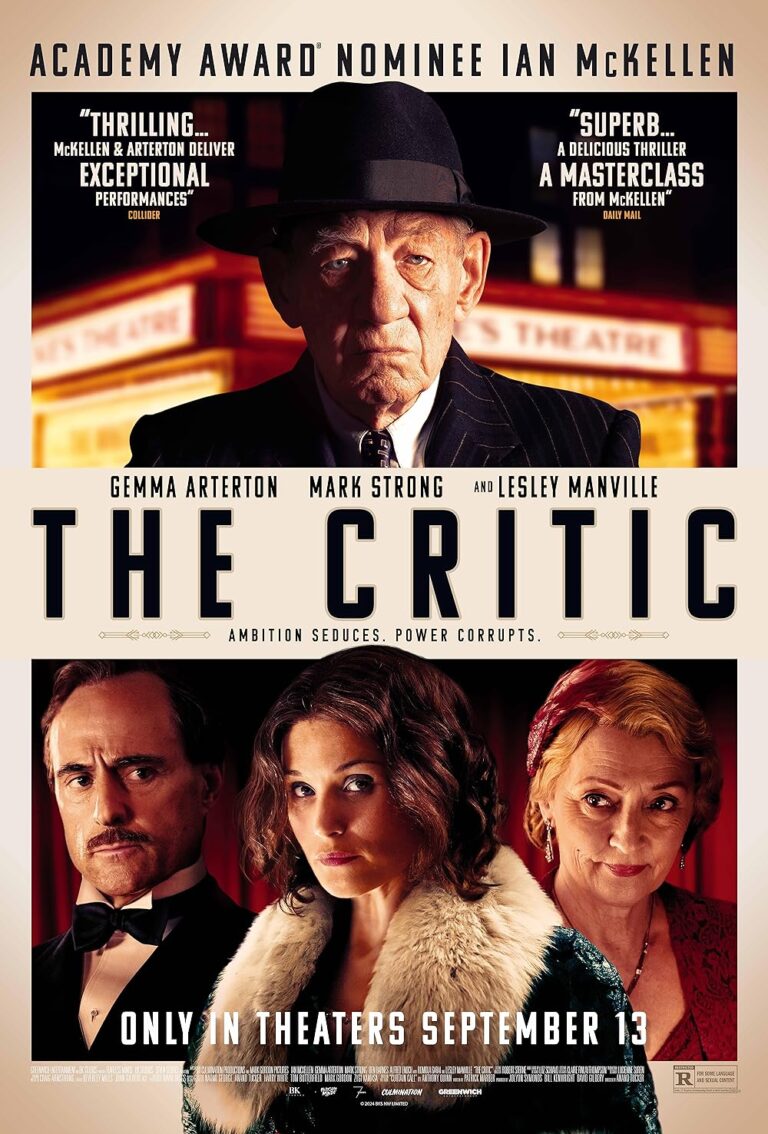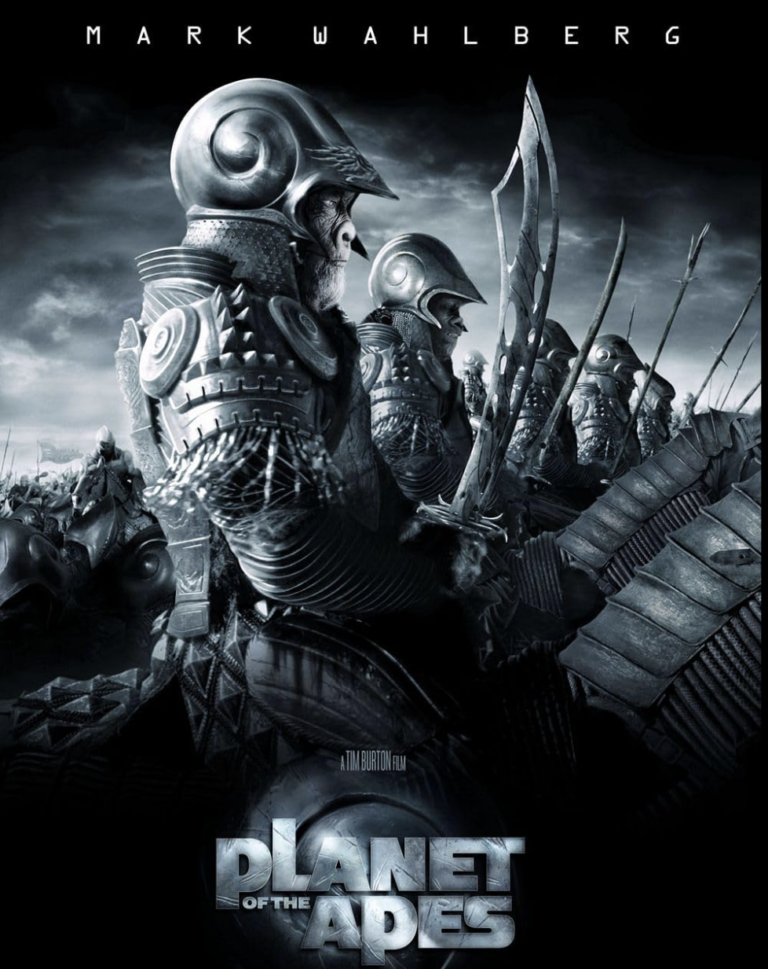Boyhood Christian Review

You sit down to watch Boyhood, and almost immediately you realize you’re in for something different. It’s not flashy, it’s not sensational, and it doesn’t have the big, dramatic hooks you expect from a coming-of-age story. Instead, it feels like real life—full of small moments that pass by almost too quickly to notice. Richard Linklater spent 12 years filming this project, following the same actors as they aged in real time, and that choice alone makes the film unique. But what’s even more remarkable is that it doesn’t try to be a big, sprawling epic. Instead, it zooms in on the small, seemingly insignificant moments that, when strung together, form a life.
Watching Boyhood, you get this strange feeling of both comfort and discomfort. It feels familiar, but that familiarity comes with an uneasy reminder that life moves forward relentlessly, whether we’re ready for it or not. For a Christian viewer, that sense of time slipping through your fingers resonates in a different way. We’re told in Scripture to make the most of our time (Ephesians 5:15-16), yet how often do we stop to reflect on the little moments that make up our lives? Boyhood is like a mirror held up to that reality—a reminder that life doesn’t stop for us, and if we’re not paying attention, it might just pass us by.
Ordinary but Sacred: Finding Meaning in the Everyday
Boyhood isn’t interested in the big moments. There’s no major tragedy or huge life event that the film revolves around. Instead, it’s the smaller experiences—road trips, family arguments, graduations, and first loves—that make up the bulk of Mason’s life. And in this, there’s a subtle beauty. It’s a life that’s ordinary, but that doesn’t make it any less meaningful. In fact, it’s the accumulation of these ordinary moments that gives the film its emotional weight.
This is where Boyhood connects with the Christian worldview in a profound way. We live in a culture that celebrates the extraordinary. We’re constantly pushed to seek out success, excitement, and significance. But the Bible calls us to something different. In 1 Thessalonians 4:11, we’re encouraged to “aspire to live quietly, and to mind your own affairs.” There’s value in the mundane, in the everyday acts of faithfulness. God doesn’t just meet us in the big, life-altering moments; He’s there in the small ones too. Watching Mason’s life unfold reminds us that our own lives are built on these small, often overlooked moments.
Time Marches On: The Unease of Growing Up
One of the most striking things about Boyhood is how it captures the passage of time. You watch Mason grow from a wide-eyed child into a somewhat lost, introspective teenager, and it happens so gradually that you barely notice it—until suddenly you do. And then it hits you: time is moving forward, and there’s no stopping it. This feeling of time slipping away creates a sense of unease, a reminder that we’re all on a journey, even if we’re not always sure where it’s taking us.
As Christians, we’re called to live with an awareness of time, knowing that it’s fleeting. James 4:14 tells us that our lives are like a mist that appears for a little while and then vanishes. Watching Boyhood evokes a similar feeling. There’s a bittersweet quality to seeing Mason fumble through life’s transitions—growing up, dealing with his parents’ divorce, navigating relationships. It’s all so relatable, but at the same time, it forces you to confront the fact that life moves on whether we’re ready for it or not.
Family: Messy, Broken, and Beautiful
At its core, Boyhood is about family. But it’s not the picture-perfect, idealized version of family that you often see in movies. Mason’s family is fractured—his parents are divorced, his mother struggles with a series of difficult relationships, and his father is loving but unreliable. There’s tension, there’s disappointment, and there’s a lot of messiness. And yet, through all of that, there’s love.
Family, as it’s portrayed in Boyhood, is real. It’s imperfect and sometimes frustrating, but it’s also where we learn how to navigate life. This messy, broken version of family feels more true to life than the polished, happy endings we’re used to seeing on screen. And it aligns with a Christian understanding of family as well. We know that families are deeply impacted by sin—people are flawed, and relationships can be difficult. But we also know that family is where love and grace are meant to flourish. Ephesians 6:1-4 speaks to the importance of family relationships, calling us to honor our parents and raise our children with love and instruction. Boyhood captures the tension between these ideals and the reality of how hard it can be to live them out.
There’s a kind of beauty in this messiness, though. Even when Mason’s parents fail or struggle, there are moments of real connection. They do the best they can, even if that isn’t always enough. This feels deeply human and deeply Christian. After all, the story of the Gospel is about redemption in the midst of brokenness, about God’s grace meeting us where we are. Boyhood doesn’t offer easy answers or resolutions, but it does remind us that love is often found in the midst of life’s struggles.
Searching for Meaning: The Journey Toward Identity
Much of Boyhood is about Mason’s search for identity. As he grows up, he’s constantly trying to figure out who he is and what he believes. He’s not a kid who has it all figured out, and that’s one of the things that makes him so relatable. Like many of us, he fumbles his way through relationships, school, and family life, trying to make sense of it all.
This journey toward identity is something every human goes through, but from a Christian perspective, we have a foundation that Mason seems to lack. Our identity isn’t something we have to figure out on our own—it’s given to us by God. Ephesians 2:10 tells us that we are God’s handiwork, created for a purpose. Mason’s journey feels open-ended, unresolved, and while that makes for an interesting film, it also highlights the difference between a life lived searching for meaning and one lived with the knowledge that we are loved and known by our Creator.
Conclusion: A Subtle Masterpiece with a Quiet Message
At the end of the day, Boyhood is a film that doesn’t shout its message from the rooftops. It’s a quiet, reflective piece that invites you to think about your own life—the small moments, the passage of time, the importance of family, and the search for meaning. It’s not a film that will give you all the answers, but it does ask the right questions.
For a Christian viewer, Boyhood resonates in a way that goes beyond the surface. It’s a reminder to pay attention to the ordinary moments, to value the relationships we have, and to seek out meaning not in ourselves, but in God. It’s a film that mirrors the Christian call to live faithfully in the small things, knowing that those small things are what make up the larger story of our lives.
Rating: 8/10
Boyhood is a beautifully crafted, deeply human film that challenges us to reflect on our own lives. Its portrayal of time, family, and identity speaks to many Christian values, even if it doesn’t provide all the answers. It’s not a film for everyone, but for those who are willing to engage with its quiet, contemplative style, it offers a powerful, thought-provoking experience.





